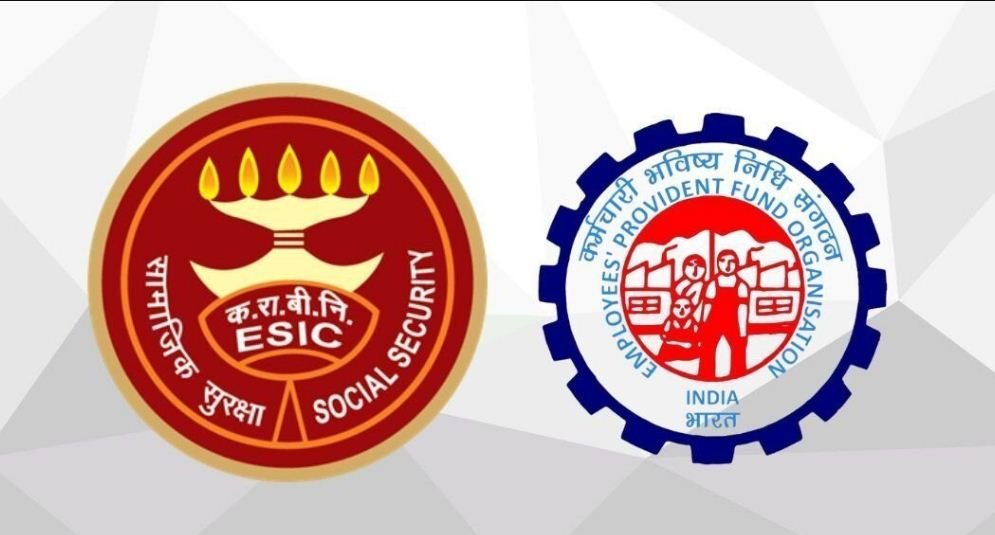
House Rent Allowance, or commonly known as HRA, is an amount which is paid by employers to employees as a part of their salaries. This is basically done as it helps provide employees with tax benefits towards the payment for accommodations every year. the decision of how much HRA needs to be paid to the employee is made by the employer on the basis of a number of different criteria such as the salary and the city of residence.
Regulated by the provisions of Section 10(13A) of the IT Act, the house rent allowance serves to be quite beneficial to salaried employees in India.
As per law, only salaried employees can claim HRA and self-employed individuals are exempt from doing the same. HRA, as an exemption is provided, only if the employee is living in rented accommodations. However, also in case the employee lives in his or her own house and does not pay any rent, he or she cannot claim HRA to save on taxes.
Basis on which HRA is decided
Primarily, HRA is decided based on the salary. However, there are some other factors that also affect HRA, such as the city in which the employee resides. In case the individual resides in a metro city, then he/she is entitled to an HRA equal to 50% of the salary. For cities other than a metro, the entitlement is 40% of the salary.
In order to calculate the HRA, the salary is defined as the sum of the basic salary, dearness allowances and any other commissions. If an employee does not receive a commission or a dearness allowance, then the HRA will be around 40% – 50% of his/her basic salary.
The actual HRA offered, in all probability, will be the lowest of the following three provisions:
- The actual rent that is paid should be less than 10% of the basic salary.
- In case you’re staying in a metro, 50% of the basic salary and 40% if you live in a a non-metro city.
- The actual amount received as the HRA from the employer.
How HRA is calculated?
Mentioned below are the 3 provisions based on which the actual HRA is calculated. The lowest amongst these 3 HRA calculations is considered for deduction.
- The HRA amount received from the employer
- Actual amount paid for rent minus 10% of basic salary
- 50% HRA if the employee is staying in a metro city and 40% HRA for non-metro cities
Let’s take an Example:
Let Mr.X salary be Rs 50,000 per month (basic pay).
HRA provided by employer is Rs 20,000.
10% of annual basic salary is Rs 60,000.
Mr.X stays in Coimbatore (Metro City) in a small accommodation and pays Rs 15,000 rent per month.
Let’s calculate HRA under its 3 provisions:
Amount received as HRA from the employer = Rs.20,000 × 12 = Rs 2,40,000
Rent paid minus 10% of basic = Rs (15,000×12) – 60000 = Rs.1,20,000
50% of basic salary = Rs.3,00,000
So the HRA amount that will be exempted from income tax will be the lowest
Claim Rules for HRA
The rules that are applicable for HRA claims are listed as follows-
- Your allotted HRA cannot exceed more than 50% of your basic salary.
- As a salaried employee, you cannot claim for the full rental amount you are paying. Your exemption will be based on the least of the below mentioned options:
- The actual amount allotted by the employer as the HRA.Actual rent paid less 10% of the basic salary.
- 50% of the basic salary, if the employee is staying in a metro city (40% for a non-metro city).
- You can also avail tax benefits of HRA along with a home loan.
- In case you stay with your parents, you are eligible to pay rent to your parents and collect a receipt for HRA claim. However, similar rules don’t allow you to pay rent to your spouse and claim a tax exemption.
- If the annual rent of your accommodation exceeds Rs.1,00,000, then presenting the landlord’s PAN card is mandatory. Also, in case the landlord does not have a PAN card, he/she can provide a self declaration.
- Another important rule is that in case your landlord is an NRI, you must deduct 30% tax from the rent amount that needs to be declared.
What if I don’t receive an HRA?
If you pay rent for living in a residential accommodation but do not receive an HRA from your employer, you can still claim the deduction under Section 80GG. Conditions that must be fulfilled to claim this deduction
- You are self employed or salaried
- You have not received HRA at any time during the year for which you are claiming 80GG
- You or your spouse or your minor child of which you are a member, do not own any residential accommodation at the place where you currently reside, perform duties of office, or employment or carry on business or profession
If you own any residential property other than the place mentioned above, you should not claim the benefit of that property as self occupied. The other property would be deemed to be let out claim the 80GG deduction.








